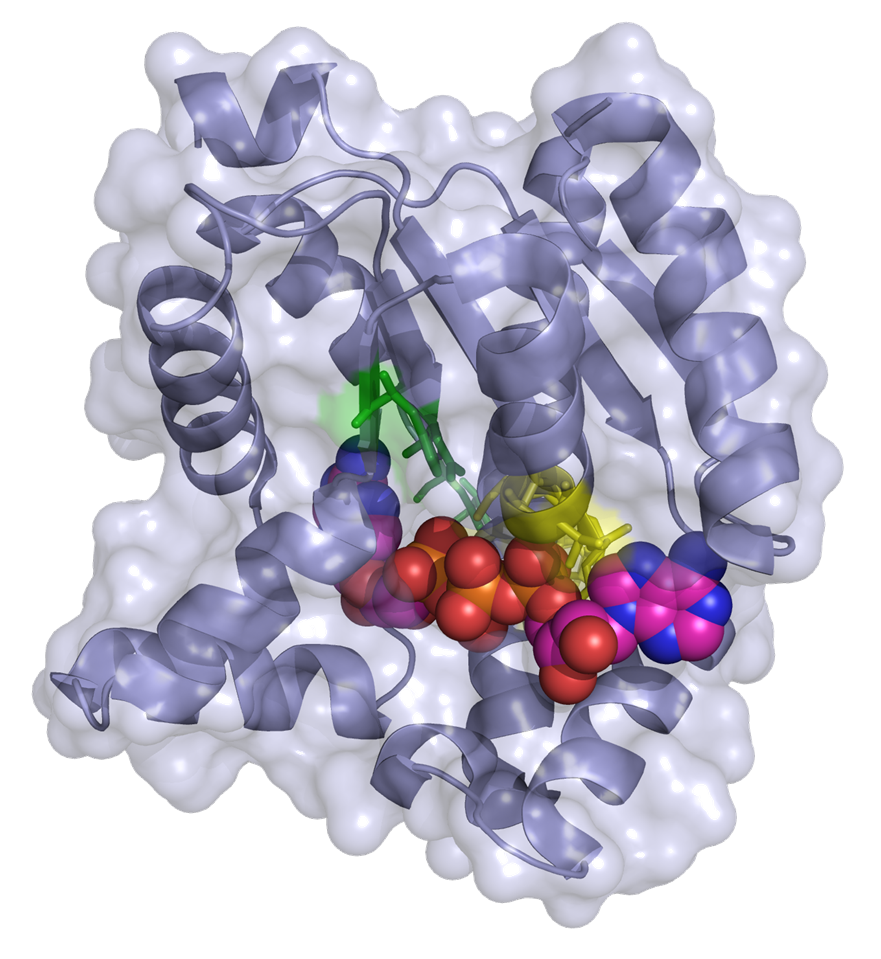

BacKDB
Bacterial Kinase Database

All Rights Reserved
BacKDB: Bacterial Kinase Database

Protein kinases are a group of enzymes that move a phosphate group onto proteins, in a process called phosphorylation. This functions as an on/off switch for many cellular processes, including metabolism, transcription, cell cycle progression, cytoskeletal rearrangement and cell movement, apoptosis, and differentiation. Protein kinases possess a catalytic subunit which transfers the gamma phosphate from nucleoside triphosphates (often ATP) to one or more amino acid residues in a protein substrate side chain, resulting in a conformational change affecting protein function.
In bacterial pathogenesis, monitoring and adapting to the dynamically changing environment in the host, and an ability to disrupt host immune responses are critical. The virulence determinants of pathogenic bacteria include the sensor/signaling proteins of the serine/threonine/tyrosine/histidine protein kinase family that have a dual role of sensing the environment and subverting specific host defense processes. Protein Kinases can sense a wide range of signals and coordinate multiple cellular processes to mount an appropriate response. In this database we established some of the wellstudied bacterial protein kinases that are essential virulence factors and modify global host responses during infection.



Search BacKDB








